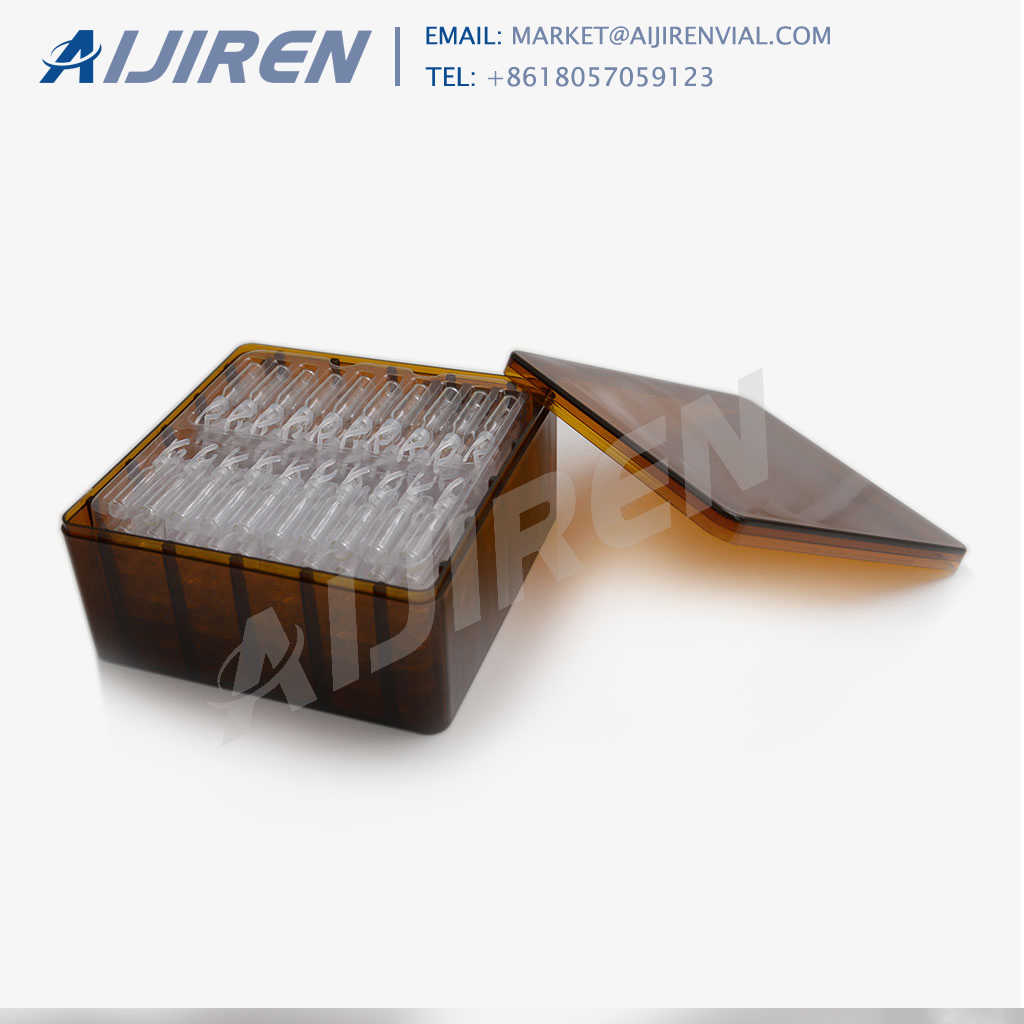
Economic Choice Syringe Filters are available in a variety of sizes and membrane types to meet any application need. Choice PTFE (Hydrophobic) Syringe Filters, 0.2 µm, 25 mm, 100 Pk. Choice PTFE (Hydrophobic) Syringe Filters, 0.45 µm, 25 mm, 100 Pk. Choice PTFE (Hydrophobic) Syringe Filters, 0.2 µm, 13 mm, 100 Pk.
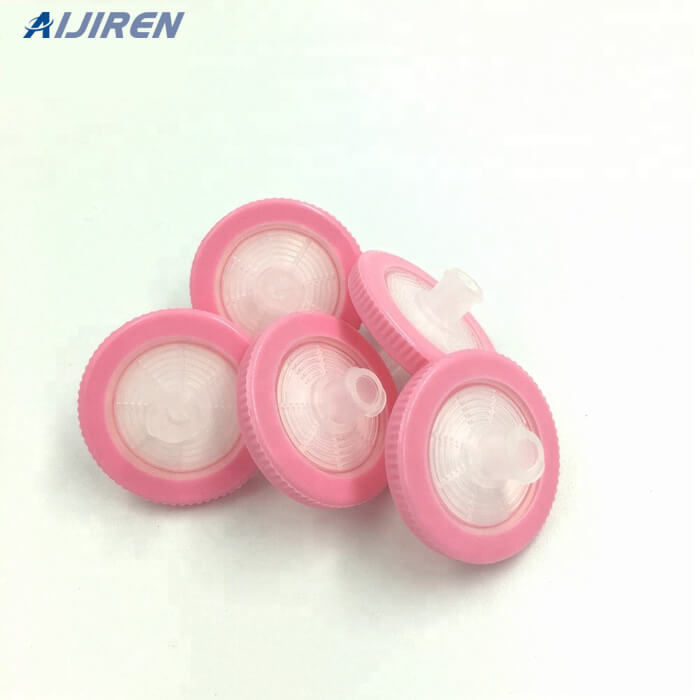
Minisart ® NML Syringe Filters provide the optimal method for clarification and sterilization of liquids, robustly removing bacteria and particles, without any impact on product quality or loss of target molecule. Superior filter areas up to 6.2 cm 2. 0.1µm to 5µm pore sizes. Low adsorption characteristics.
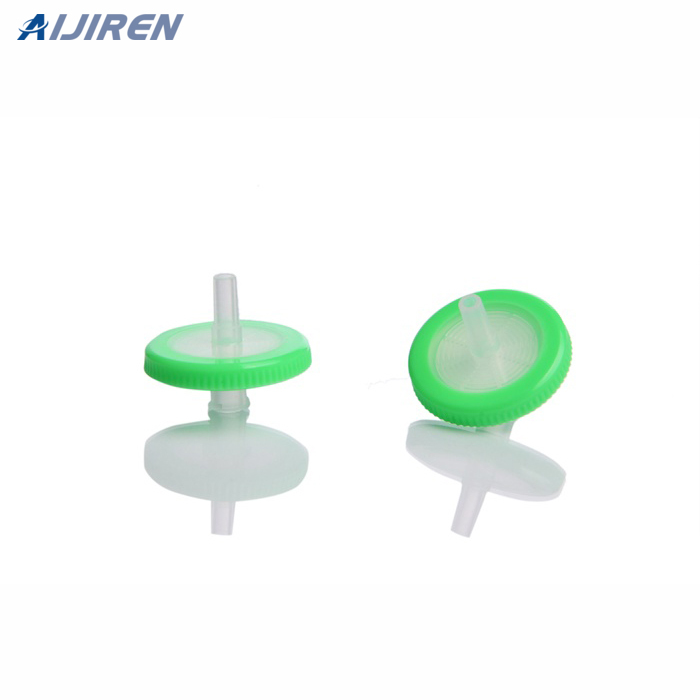
Millex ® syringe filters. Featuring reduced sample loss due to minimal hold-up volumes, Millex ® syringe filters are ideal for use in a variety of applications including HPLC sample preparation, the filtration of antibiotics and tissue culture additives, and dissolution testing.
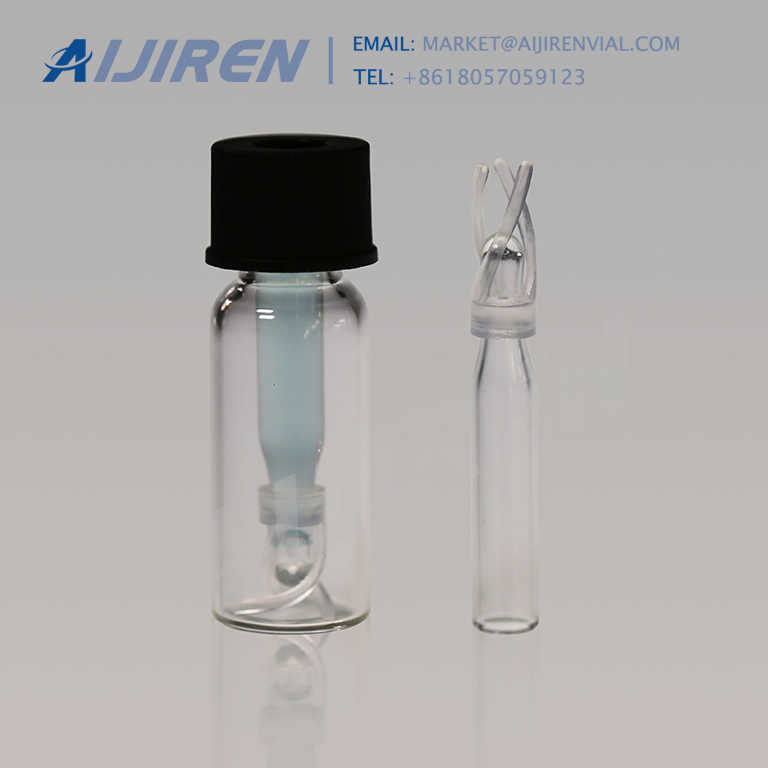
Whatman ® UNIFLO ® 25 syringe filters are ready to use disposable filtration devices used for removing solids from liquid samples. For example for filtering samples prior to analysis such as high performance liquid chromatography (HPLC), Ultraviolet (UV)/ Visible (Vis) spectrophotometry, etc..
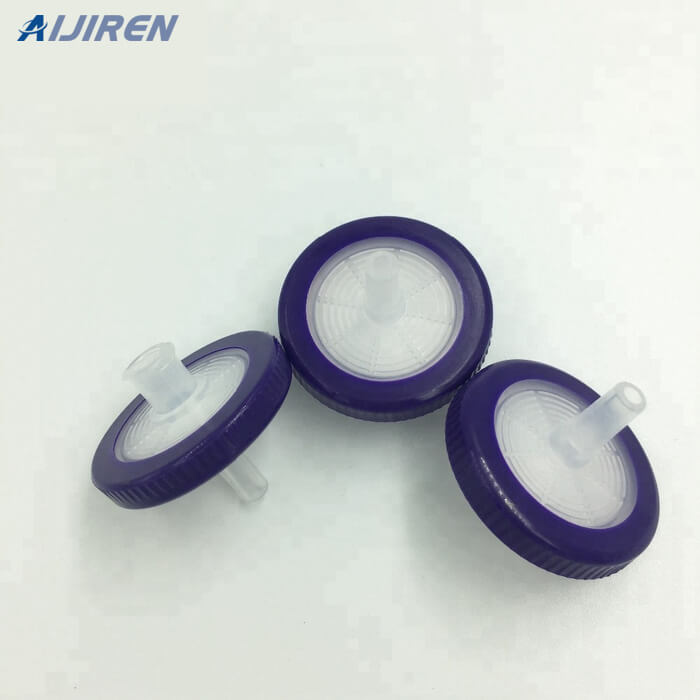
25 mm Syringe Filters Ideal filters for critical small volume filtration and laboratory applications Meissner’s 25 mm syringe filters are convenient, ready-to-use devices for critical small scale filtration and laboratory applications, including scale-up studies of Meissner’s membrane filters.
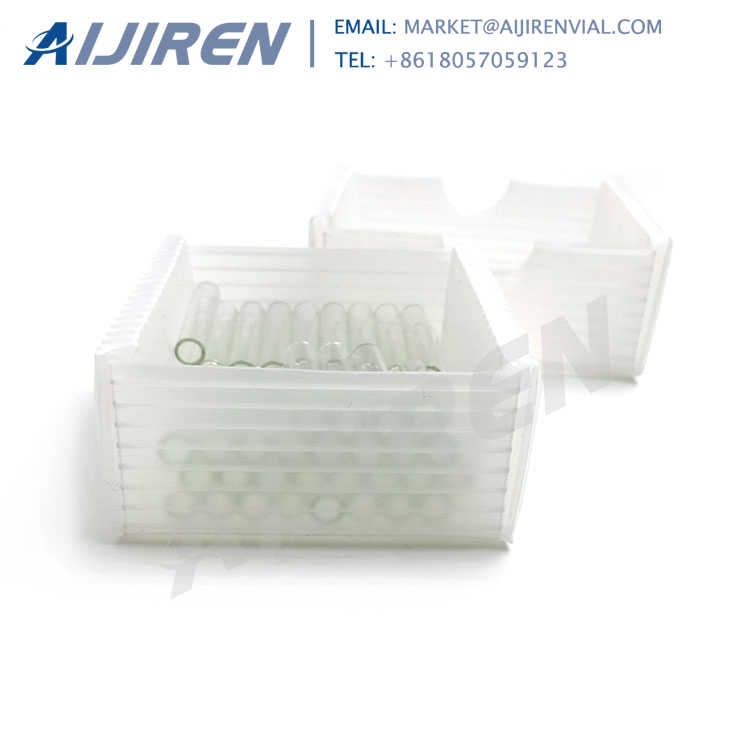
These Corning® syringe filters have polypropylene copolymer housings, female Luer lock inlets and male Luer slip outlets. Regenerated cellulose (RC) membranes are the best choice for DMSO compatibility. 100% integrity tested, sterile and nonpyrogenic and noncytotoxic.
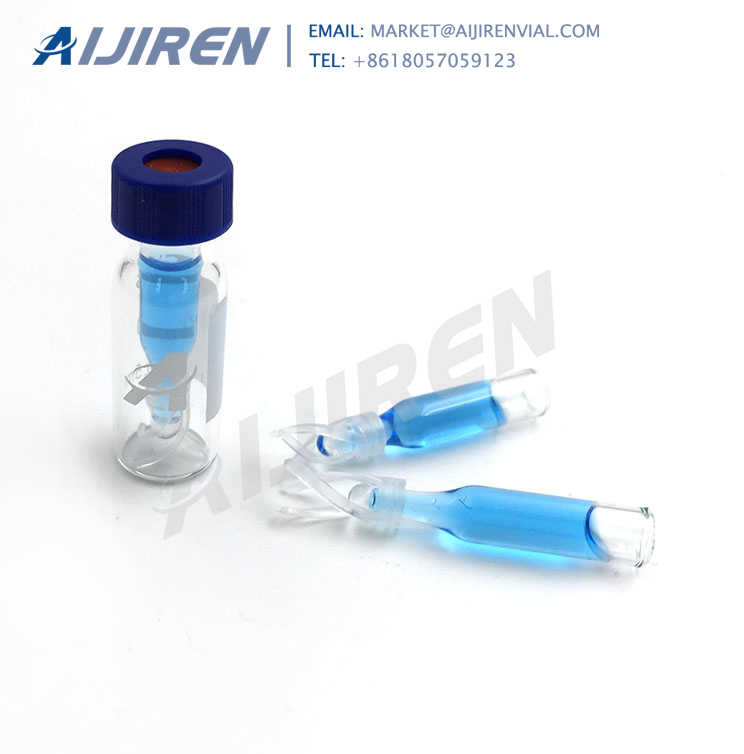
25mm filters are the most commonly used disposable syringe filter size in laboratories with a sample volume of 2.5 ml or more. For smaller sample sizes, 13mm or 4mm devices are recommended. These filters can be autoclaved for 0.5 hours at 121ºC, 0.1MPa or with ethylene oxide.
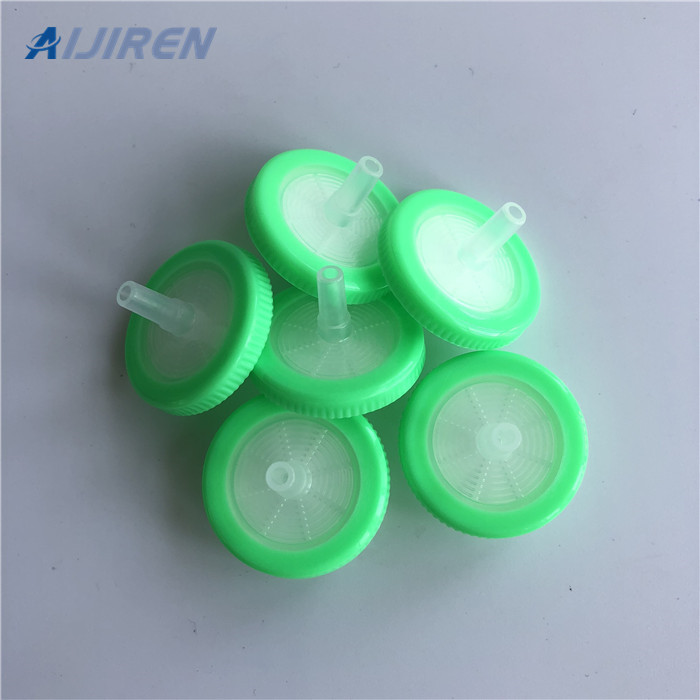
Millipore. Millex-GP Filter, 0.22 µm. A 25 mm diameter sterile syringe filter with a 0.22 µm pore size Polyethersulfone membrane. Comes in a pack of 50. Millex-GP Filter, 0.22 µm MSDS (material safety data sheet) or SDS, CoA and CoQ, dossiers, brochures and other available documents.
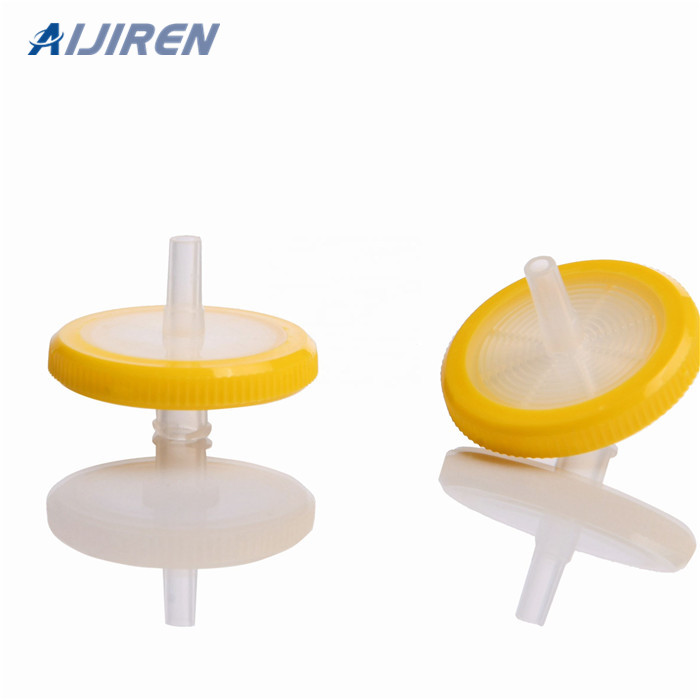
Whether your research necessitates prefiltration, sample preparation, sterile filtration, laboratory filtration, or gas venting, Nalgene syringe filters are lab essentials. Key Features. 10 to 100mL sample size. Inlet: Female Luer-Lok™. Outlet: Male Luer slip. Polypropylene housing with ID color rings. Pore size and membrane type printed on unit.
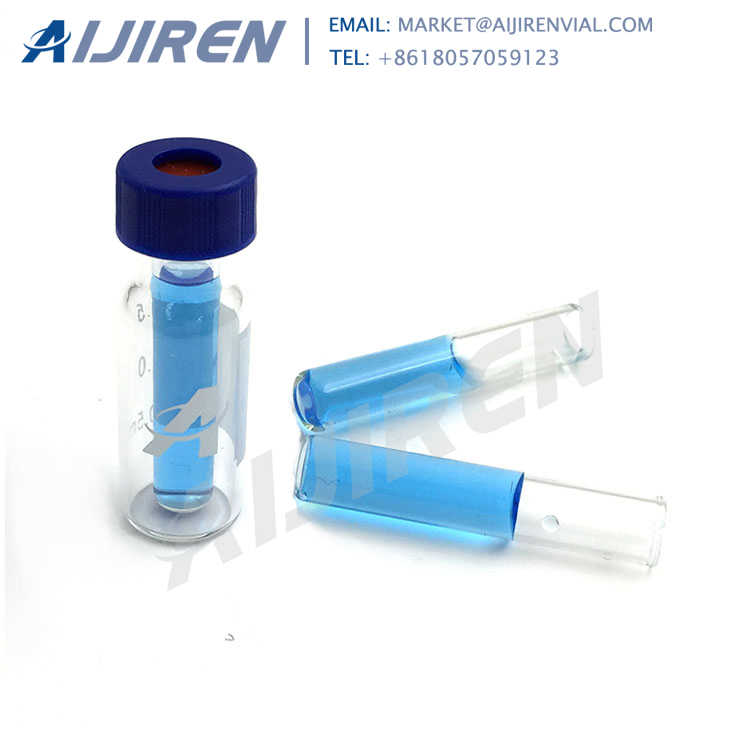
Ultimate in chemical compatibility for filtering harsh chemicals that destroy other membrane materials. The Acrodisc PSF GxF syringe filter provides two to four times the throughput of standard prefilter devices. Moisture barrier for venting applications. 25 mm Acrodisc PSF syringe filter is available in robotic-compatible AutoPack™ packaging.
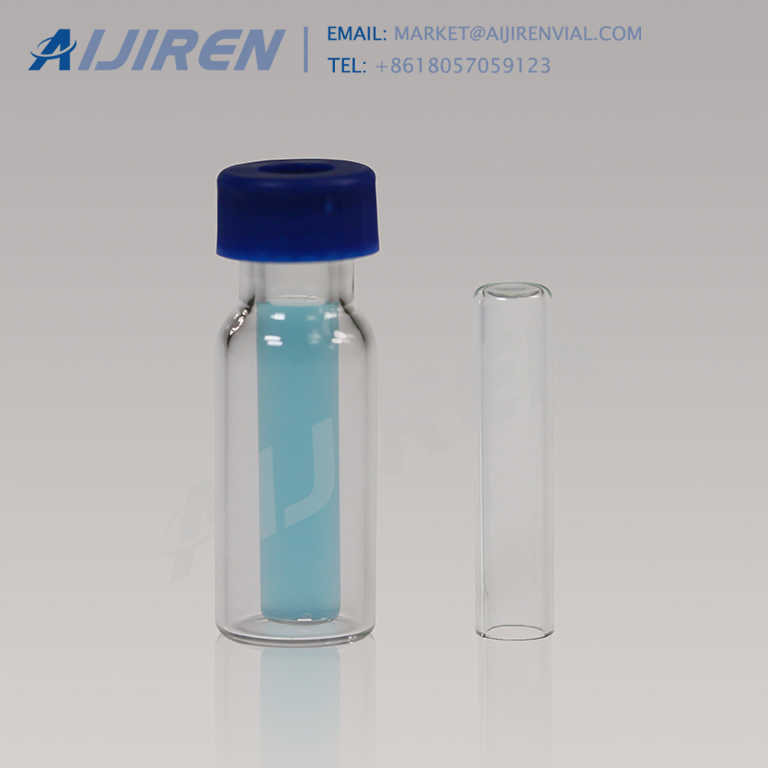
Polypropylene, nylon, and PTFE membranes are ideal for sample preparation and small volume chemical filtration.Syringe filters are attached to the end of a syringe to remove particles from a sample prior to analysis. Filtering liquids, the single-use devices force liquids through the filter either when fluids are initially drawn or delivered. Circular shaped in diameters that fit common
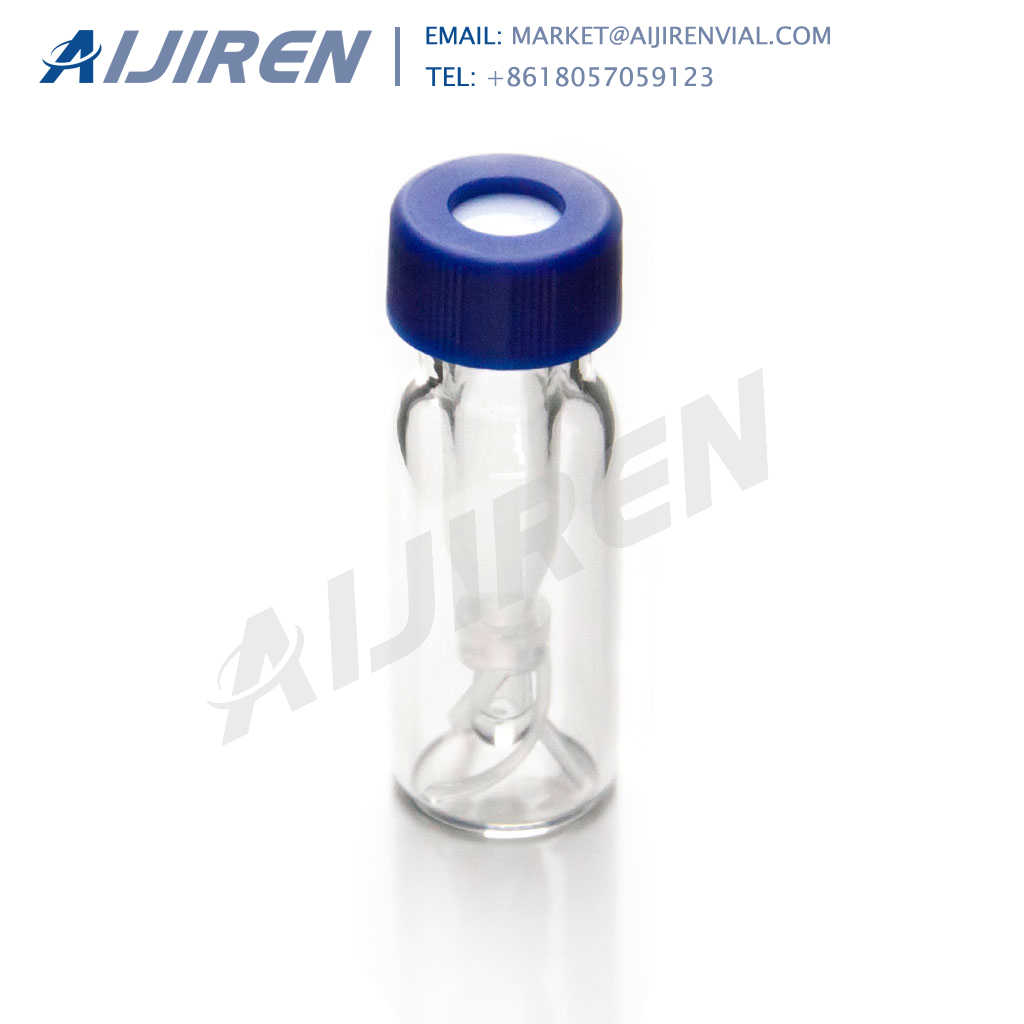
13 mm, 25 mm or 30 mm diameters 0.2 μm or 0.45 μm pore sizes Sterile or non-sterile options Laser etched printing on the filter for easy identification Bench top space saving packaging Recyclable after use. Learn how you can recycle it. Whatman™ Uniflo™ Syringe Filters—consistent performance, maximum value
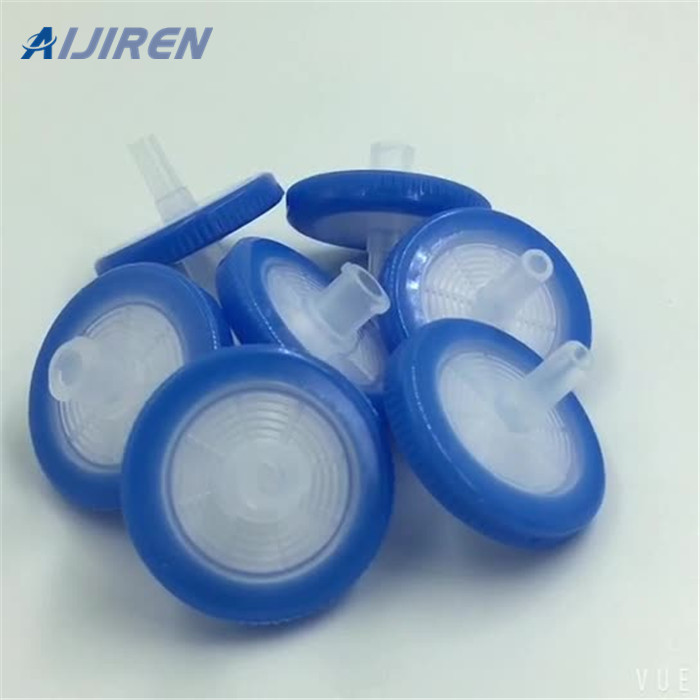
For example, Pall supply both a traditional ring molded 25 mm syringe filter and the Premium Syringe Filter (PSF) 25 mm syringe filter. The PSF syringe filter has a much larger effective filtration area compared with the older traditional model, 3.9 cm 2 compared to 2.8 cm 2 .
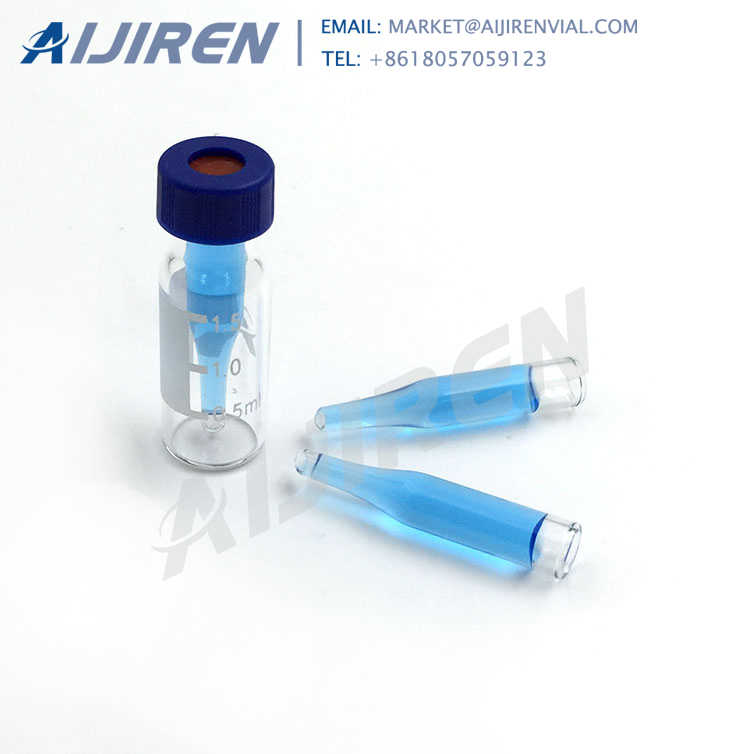
Thermo Scientific™ Choice™ Polypropylene Syringe Filters are a good choice for filtration of biological samples, and for filtration of aggressive organic solutions. They provide cleaner sample extracts by removing interfering materials and fine particles down to the rated pore size.